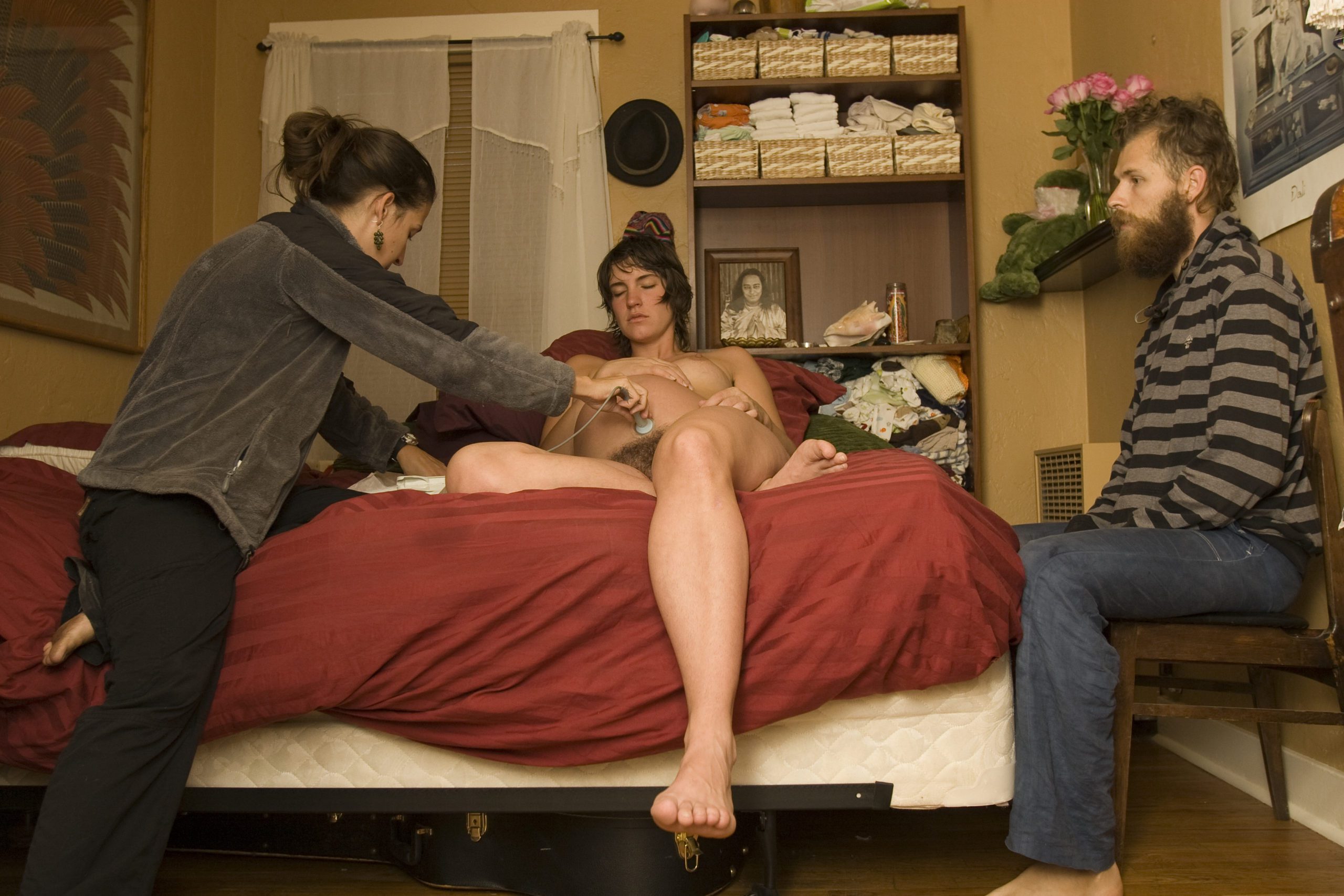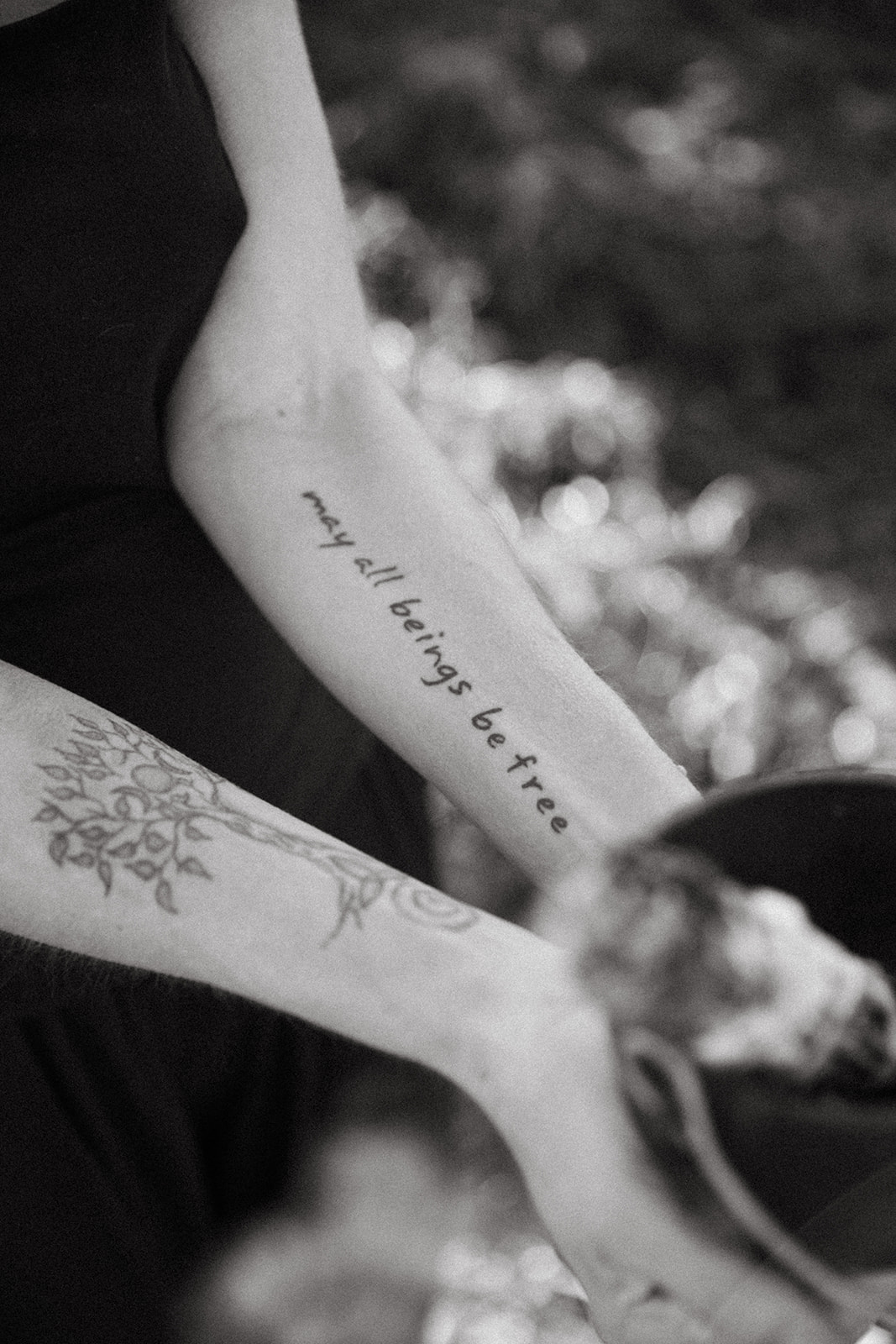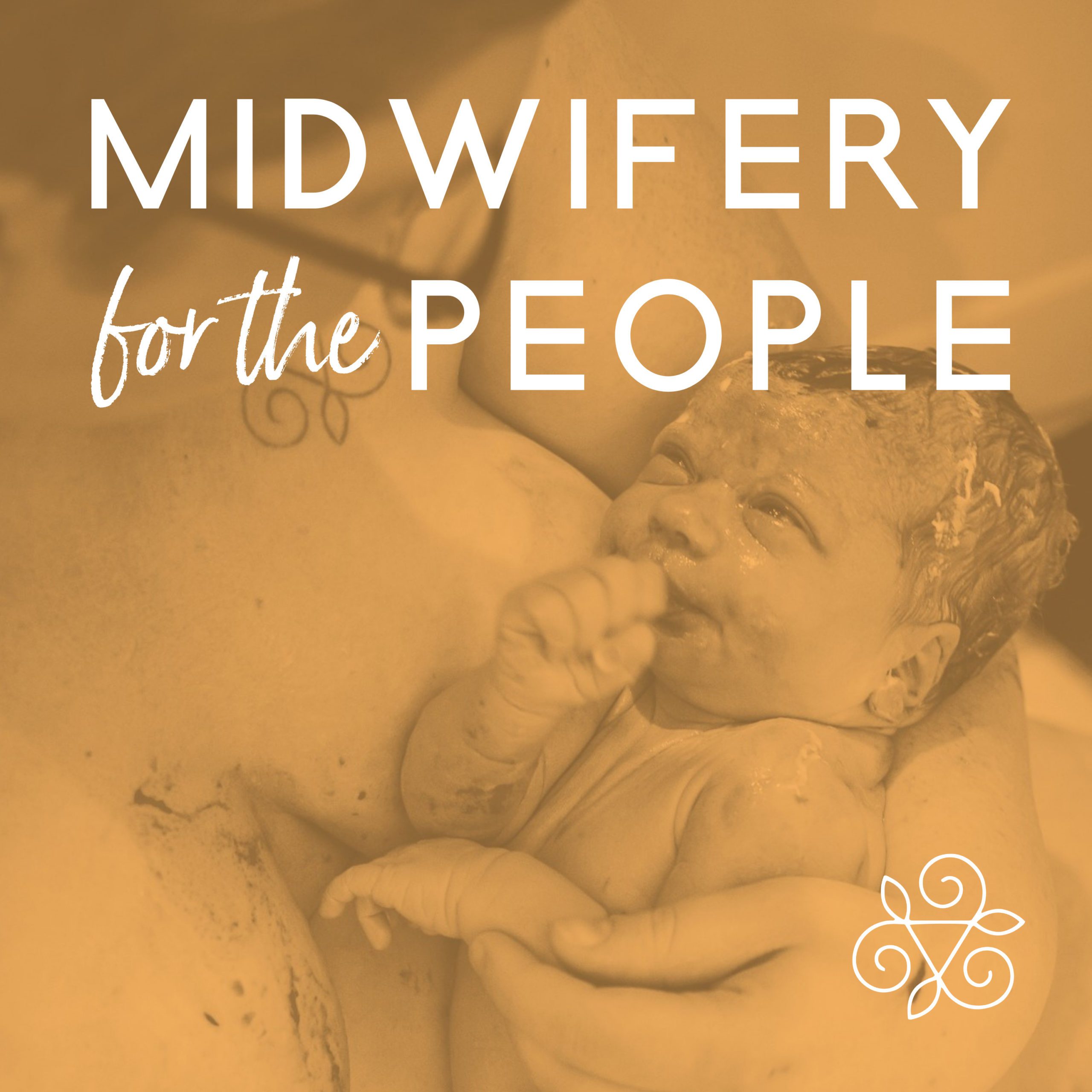Sometimes I forget that the idea of doing your own prenatal care isn’t something most people have ever thought about or heard of. Someone asked me about my pregnancy at a dinner party the other day, and another guest asked if “they know what I’m having”. I explained that I’m not having any unwarranted testing or interventions, and that there is no “they” that would know since I’m doing all my own prenatal care. The (very nice) woman was a little baffled, and a friend person told her that I’m “a midwife” (not sure how I feel about that). This seemed to satisfy everyone, since of course I could do my own prenatal care if I am a midwife. I felt really annoyed about the whole exchange, because 1) my supposed expertise made it acceptable for me to be doing my own prenatal care and 2) these women and many others assume that they have no place in doing prenatal care for themselves.
One of the biggest things that I hope we can share with women through our work at Indie Birth is that you don’t need someone else to do any part of your prenatal care, even if you want to do the things which may seem a little more technical. That is why we are working on a series of videos that will help mamas reclaim all aspects of their care and take full responsibility for their well being and the well being of their babies. That isn’t to say that there aren’t times we want a consult, or help from a friend. And sometimes we want help from specialists who DO have more specific skills. But why would we give away parts of our pregnancies when we really can do it ourselves?
I believe that the prenatal care skills that are needed for a normal pregnancy are WELL within the range of what should be considered everyday basic life skills. In fact, the only important parts of prenatal care are the ones that you, and only you, can do for yourself. Studies have shown that prenatal care does NOT improve pregnancy outcomes and that it is only done as a matter of custom. What DOES improve pregnancy outcomes are adequate nutrition and social support.
So I thought I would share what “prenatal care” has looked like for me so far this pregnancy. *Prenatal care does not look just one way, so keep in mind this is just what has been right for me!
1) Eating. I won’t say it has been an easy transition for me. In my normal, non-pregnant life, I have no problem eating anything and everything. I guess you could say I’m not a “leave food on the plate” sort of person. Now I have to strategize about getting what I need via food that sounds palatable. I have been following a loose version of the Brewer Diet since about week 13, and hope to work up to the full version without relying so much on convenient protein drinks and frozen lasagna (oh but its so goooooood).
2) Assessing my baby and belly for growth. I feel my belly every single day, and have since about 6 weeks when there wasn’t anything to feel yet. Sometimes 2-3 times a day if I’m feeling extra crazy/excited/enthusiastic/whatever you want to call it. I usually feel when I wake up in the morning and when I go to sleep before bed, when I have my dude feel it, too. It has been so much fun to feel my fundus (top of my uterus) grow every week. I did get a 9 week ultrasound to soothe my intense anxiety, but since then, I haven’t had a desire to “see” my baby since I can feel that everything is growing as often as I want to. And boy do I want to. I also have had a few lovely friends feel my belly, mostly for fun, and to have someone else share the experience with me. I am so fortunate to have a like-minded friend in Maryn, who could help me figure out what I was feeling if I were confused at all.
3) Resting and relaxing some days; going for hikes on others. I rested A LOT in my first trimester, and I am usually a big rester anyways. I did make myself get out for walks and to get fresh air as often as I could. I have gotten a lot more energy though since then, and have been walking my neighborhood, playing at the park, cleaning my house, and am planning on starting prenatal yoga soon. I try to get in some of Katy Bowman’s awesome suggestions every day, too.
4) More “clinical” stuff. I chose some lab tests that I wanted and ordered them for myself at 14 weeks. It felt awesome to do that on my own terms. You can read more about that here. I also take my own blood pressure daily because of my health history, and to catch any changes early if they happen (and to act accordingly using natural methods of keeping it under “control”). Every few weeks when the mood strikes I do a urinalysis struck to see if anything looks out of the ordinary, and because I like fun science experiments…and peeing in cups. Urinalysis at home can be fraught with issues, but that is a blog for another day. Like I mentioned before, I feel my belly every day, and I have been trying to listen with a fetoscope to get to know my baby’s normal heart rate and to see where they are hanging out. I haven’t had success with that yet, but will in the next few weeks I’m sure! I have weighed myself once, and I might a few more times throughout the pregnancy, really just out of curiosity. I would say that NOT paying attention to weight is part of my prenatal care routine, because doing so is useless and potentially dangerous, especially for those of us with histories of eating disorders like myself. The clinical stuff is sort of the most boring, though people like to learn about these things, and I think knowing HOW to do them if you want or need to is super important.
5) Supporting myself emotionally. I went to a therapist weekly for the first 2 months of pregnancy which was helpful as I dealt with a lot of anxiety from the 2 miscarriages I had in 2013. I saw my acupuncturist weekly for the first trimester as well for anxiety along with other physical support. I also talked at length with my closest friends and family, journaled, and connected with other women online. I finally got an actual pregnancy journal once I passed the time when I had my previous miscarriages, and that has been lovely. Nowadays I like to tend to my little pregnancy/baby alter and light candles there when I want to set aside some time to connect with this baby. I’m also looking forward to joining a local pregnancy circle so I can connect with other mamas and get a chance to be a participant instead of facilitator for a change!
I hope that you can see the way in which these things add up to more thorough and effective “prenatal care” than any routine visits to a doctor or midwife. I haven’t missed out on anything by not seeing care provider, other than lots of stress. If I wanted something (a test, an ultrasound, etc) that I had to get by going to a midwife or doctor, I would do what I needed to get it done, and that would be it.
Do you think standardized prenatal care is important? Are there aspects that you would be worried about leaving behind? What have your experiences been with doing your own prenatal care?





So well said!! I actually admitted to my mother 6 months after my first total self care pregnancy and family birth that I had no attending midwife and no ‘pre-natal’ care. She said ‘Well that’s ok because you are studying midwifery’. I informed her any woman could do their own care. And for the most part, they already do. I think for me it was freeing to be in charge and to give myself permission as well as the environment to pay attention to my body and what was happening and to really listen to my baby.
I have 3 kids. I had the usual prenatal care during my 1st pregnancy and for the 1st half of my 2nd pregnancy. I actually walked out on my caregiver because they demanded tests I didn’t care for, and switched to a holistic midwife.
I did my own care during my 3rd pregnancy, which consisted of checking my bp and fundus regularly (weekly) and taking my weight a few times and I went on to have an unassisted birth at 41.5 weeks. I had 1 ultrasound because after 2 girls, we needed to know if we had to buy new baby clothes or not (and yes, we needed to!) so I had the ultrasound at around 20 weeks and I also wanted to know where my placenta was at, because my mother had a near placenta praevia and I thought that meant something.
I’m expecting my 4th baby and I’m doing my own prenatal care, but we’re probably not having an ultrasound this time.
Hey so I might be possibly pregnant with my 5th child. I’ve been looking into this option of doing prenatal self care. I’m just wondering what recommendations you have for someone that is relatively high risk. I’ve been “diagnosed”with preeclampsia before and have had no problem since doing the brewers diet. But I’ve also had 3 c sections which were all done because no doctor was willing to give me a chance. Any thoughts? Should I do a midwife who does high risk? If I were to do self care, what things would I need?
How refreshing! It’s encouraging to see the cultural shift happening. Little by little women are relearning what our great grandmothers knew. Caring for ourselves and our born or unborn children is not a job for “the experts”, instead it’s our job to become expert. We are a specialized consumer nation, and our DIY roots have been poo-pooed too long. It’s great to see a sort of re-awakening around pregnancy and birth!
Thinking about doing my own prenatal care and having an unassisted birth. There are simply no good options for me in the state of Indiana for a VBAC.
However I’m blood type O negative and I am wondering how I could go about getting a Rhogam shot (which I do want, in case I decide to have another baby after this one.) Any creative ideas/solutions?
You can read all about Rhogam and being Rh negative here – https://indiebirth.org/answering-questions-rhesus-negative-anti-drhogam/
You can pretty much google Indie Birth + any topic and find something we have created :)! And you should check what your partner’s blood type and the baby’s blood type are before receiving Rhogam. You can use an eldon card to do so.